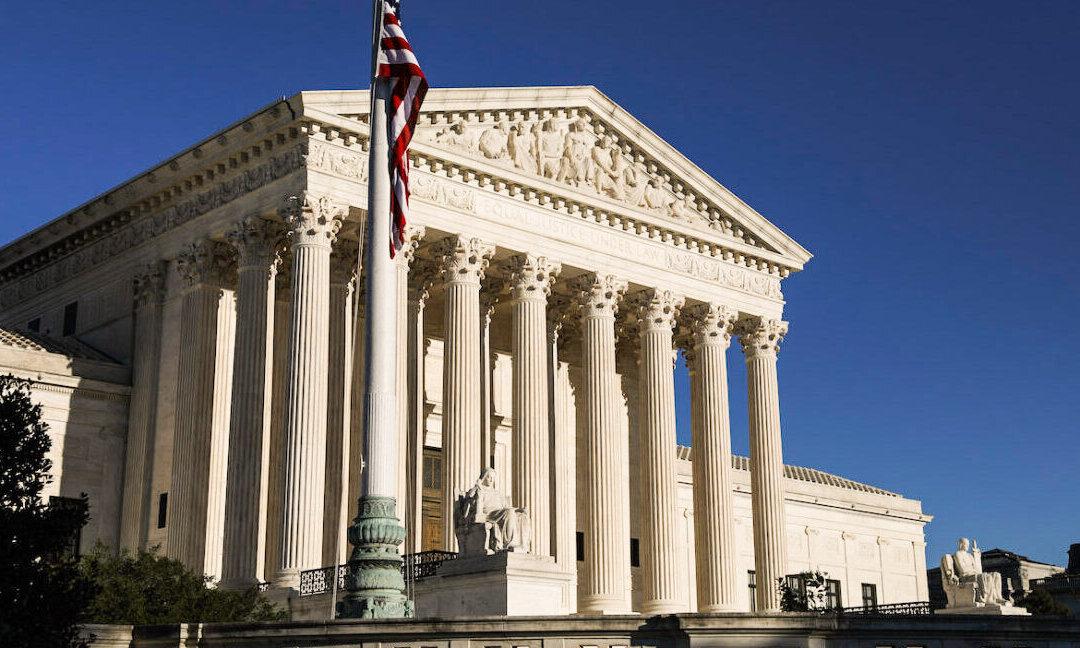Two conservative members of President Joe Biden’s bipartisan commission examining the public debate over U.S. Supreme Court reform, including whether to increase the number of justices, are no longer on the panel.
Caleb Nelson, a law professor at the University of Virginia who clerked for Supreme Court Justice Clarence Thomas, and Jack Goldsmith, a law professor at Harvard who clerked for retired Supreme Court Justice Anthony Kennedy, have resigned from the commission, according to Bloomberg.





